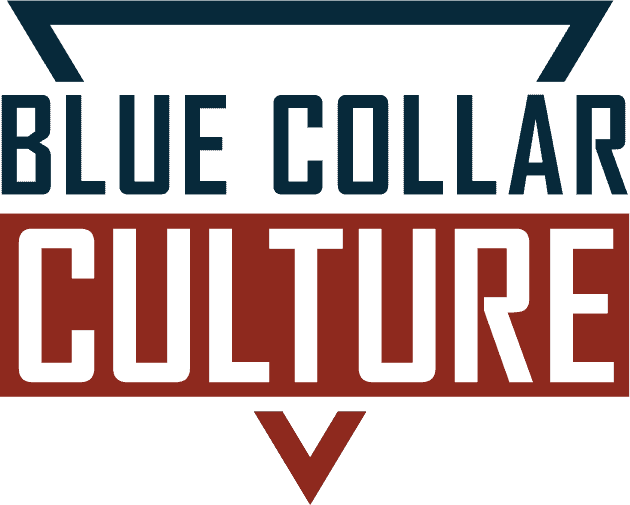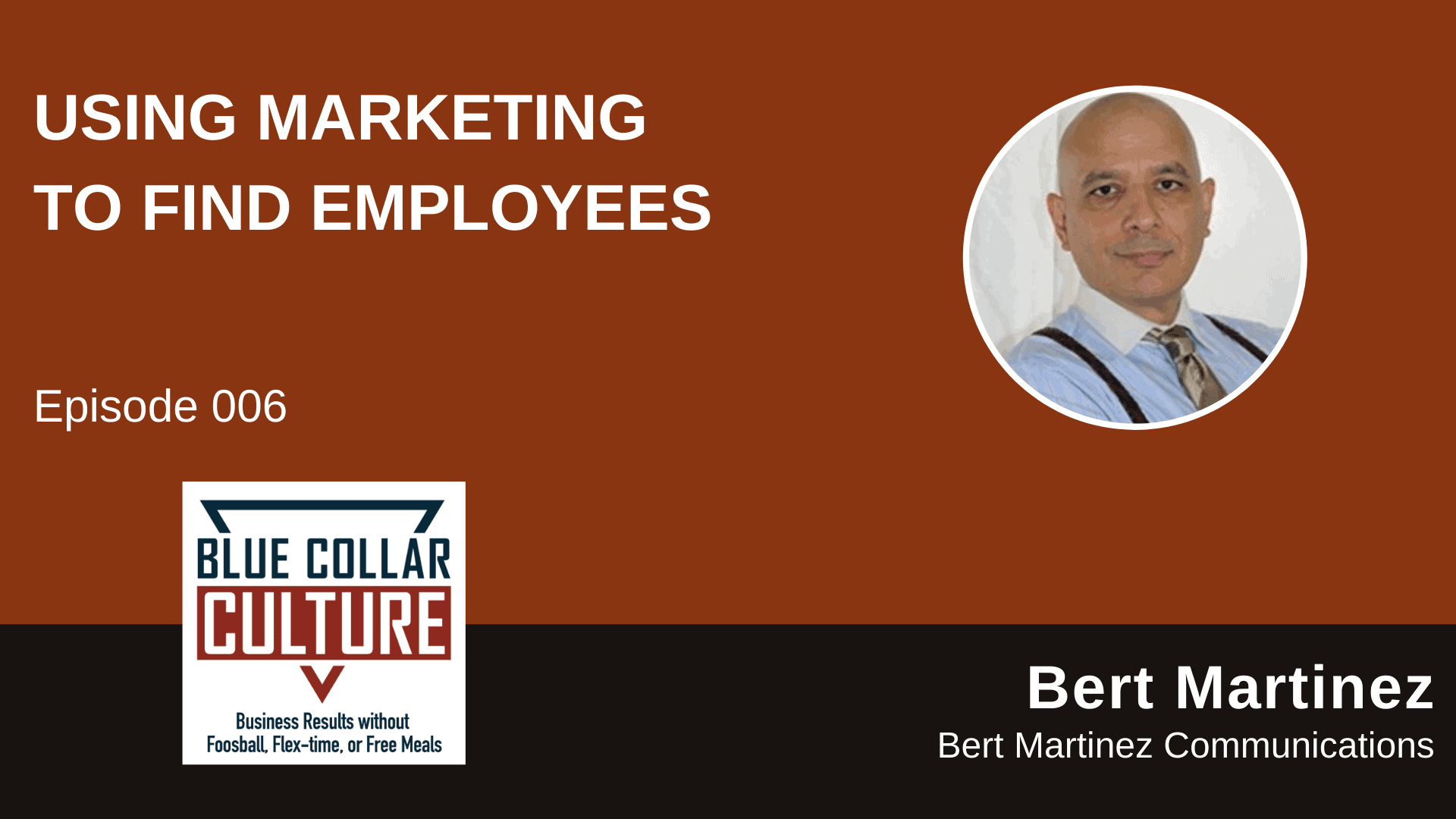In his work with clients ranging from Fortune 500 companies to small businesses, Bert Martinez has perfected a marketing strategy that converts prospects into customers with ease… and spurs growth as a result.
He says that this is especially important for those small businesses because they are the ones that struggle most with creating impactful, effective marketing.
One of the issues is that they don’t really know who their customers are and what needs they have, even though they are usually confident that they understand their target market.
We talk about that disconnect, as well as…
- How to use marketing to attract top talent to your team
- A step-by-step process for fine-tuning your marketing campaigns
- The importance of your sales “culture” – and how to create it
- A better strategy for identifying your ideal customer
- And more
Listen now…

